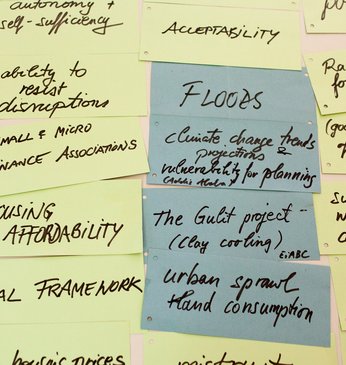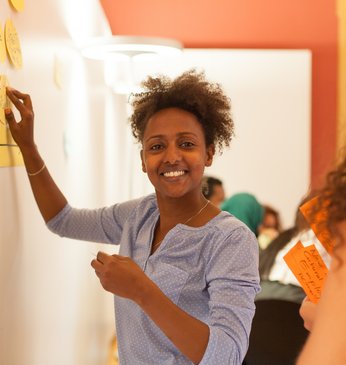Students (Bachelor from 6th semester & Master) of disciplines related to spatial development like architecture, landscape architecture, engineering, urban and spatial planning, cultural, socia , economic geography, development and others.
Previous knowledge:
- Interest to work in a holistic and interdisciplinary way on urban settlements and the urban environment.
- Basics in GIS are desirable (no condition) and/or CAD.
- Good knowledge of English language.
Technical requirements:
- Writing and sketching material, explorative mind
- Laptop with the following software for Geographical Information Systems:
Quantum GIS (QGIS) free download http://www.qgis.org/de/site/ AND
ArcGIS student trial: http://www.esri.com/landing-pages/software/arcgis/arcgis-desktop-student-trial
Please note:
- Some preparatory material (texts and a small task) will be sent out to participants 4 weeks before the course starts.


